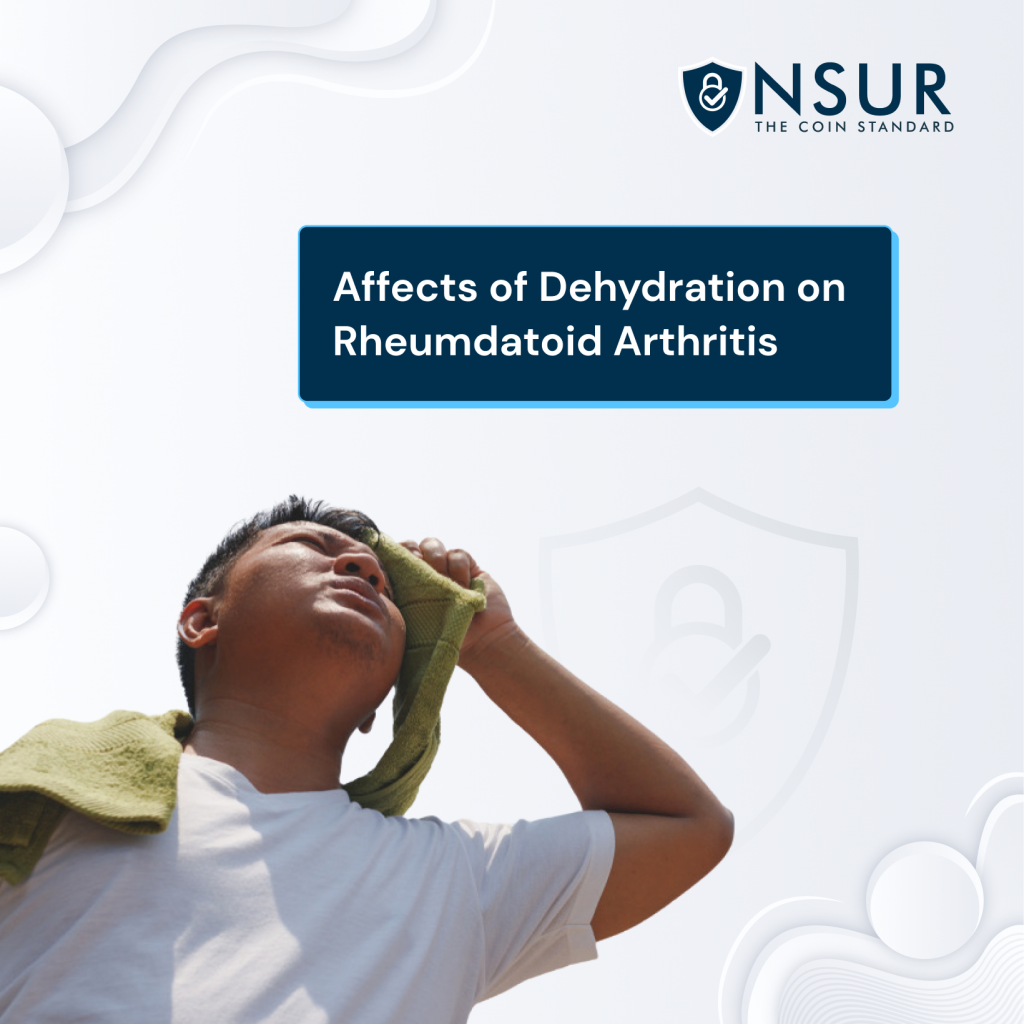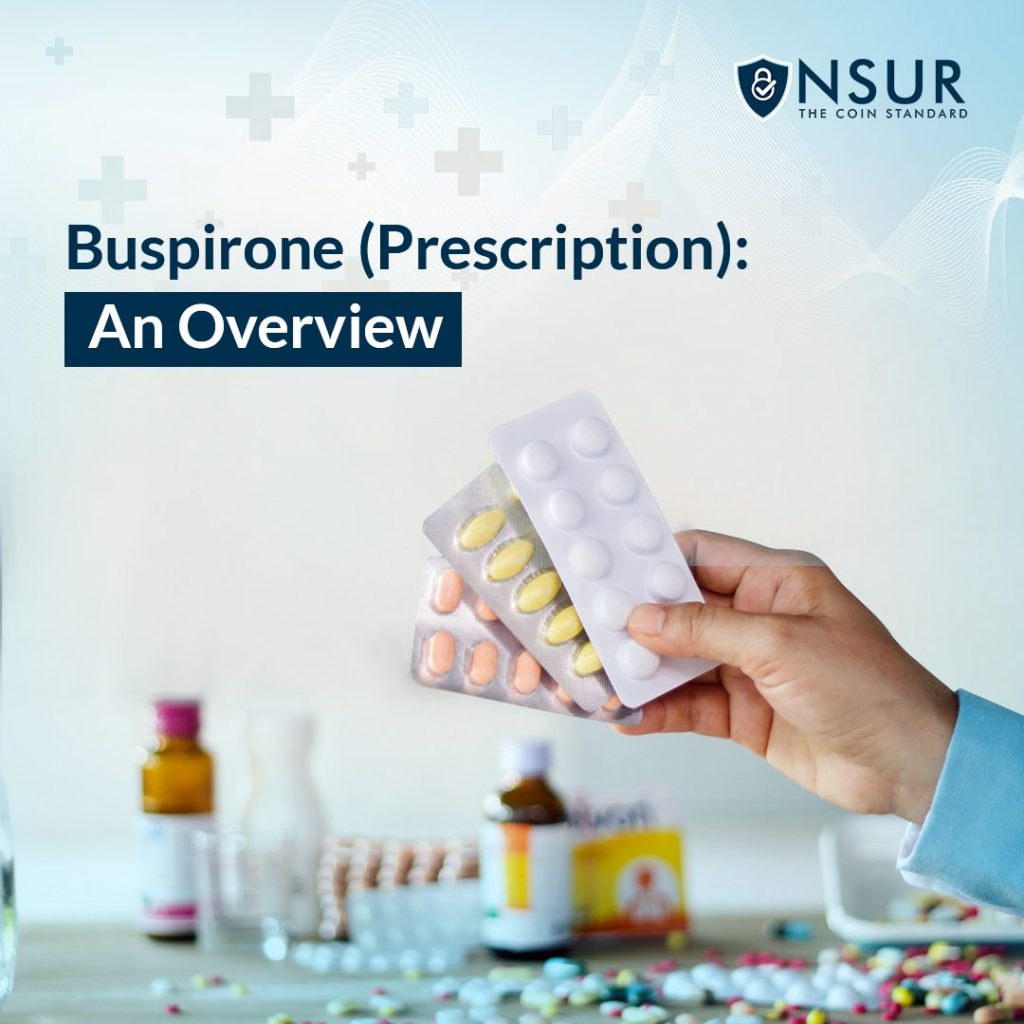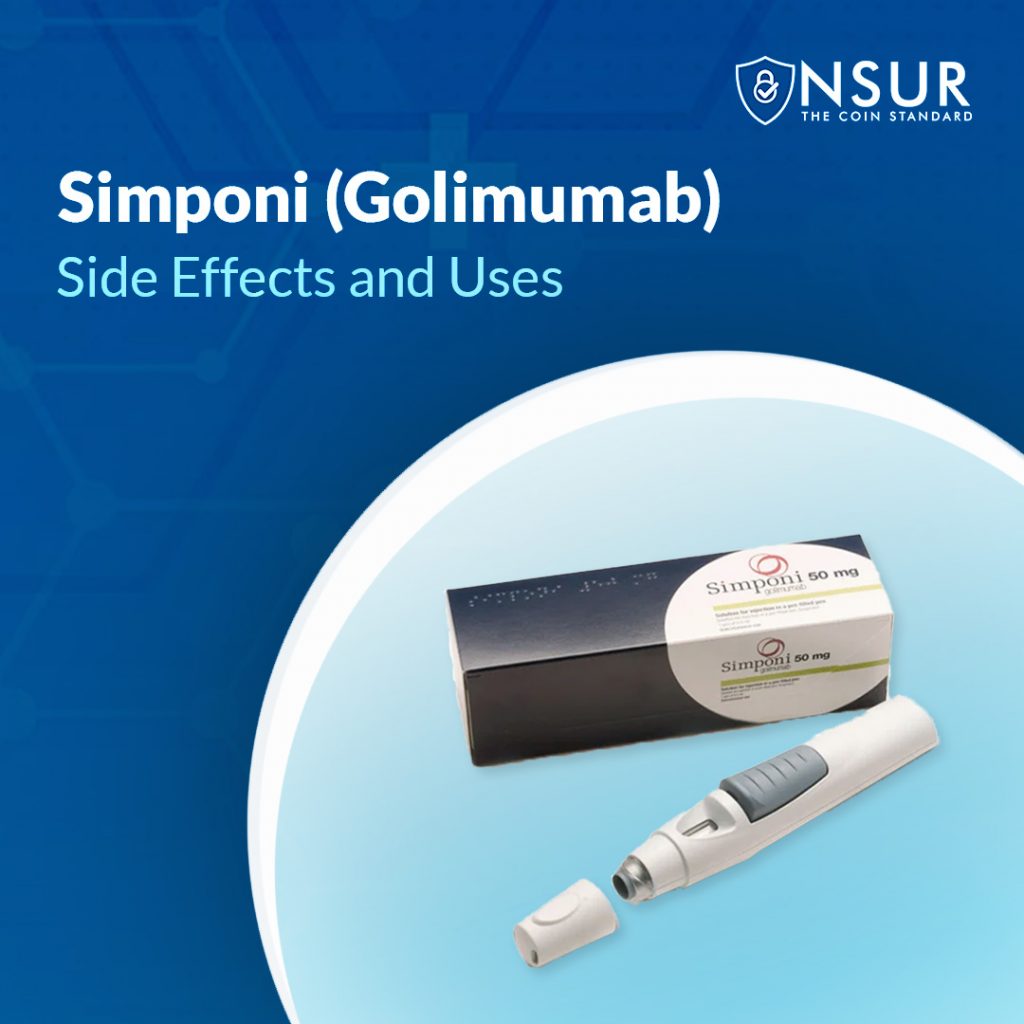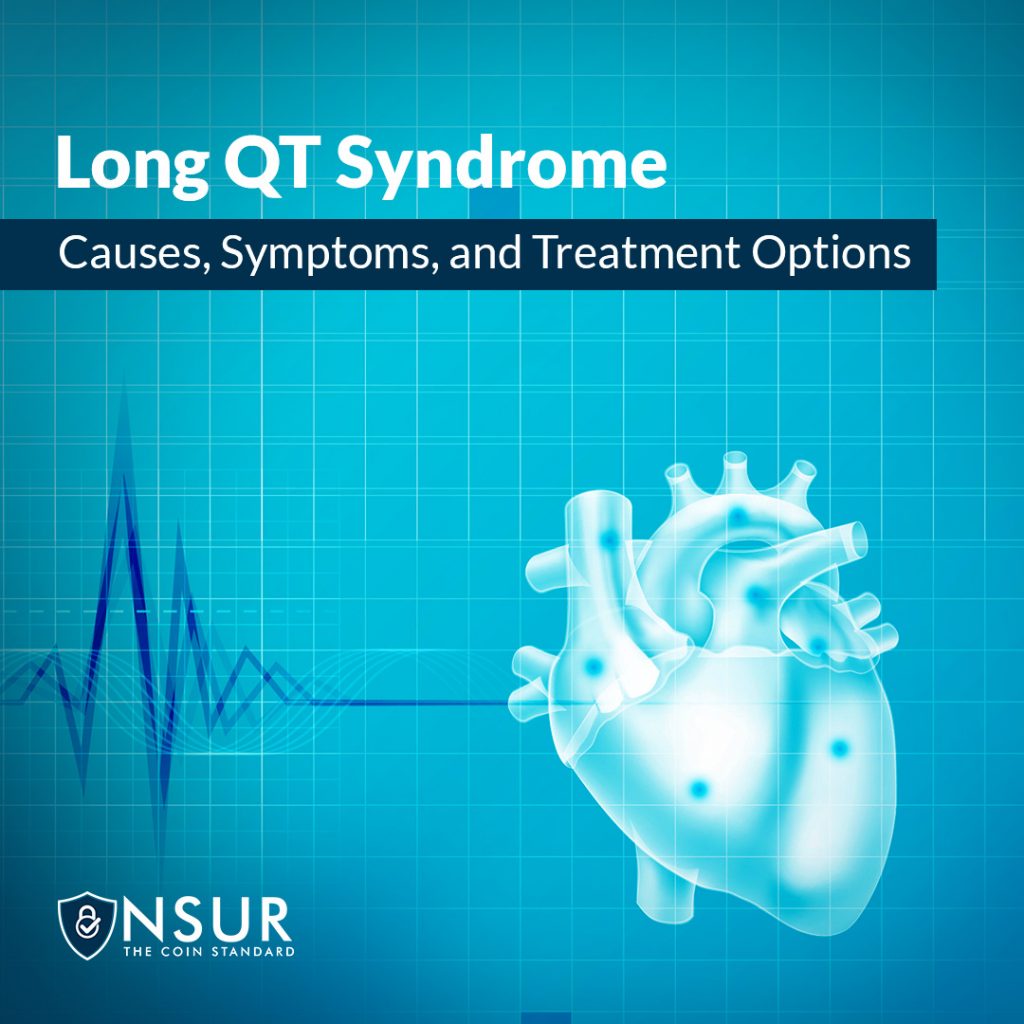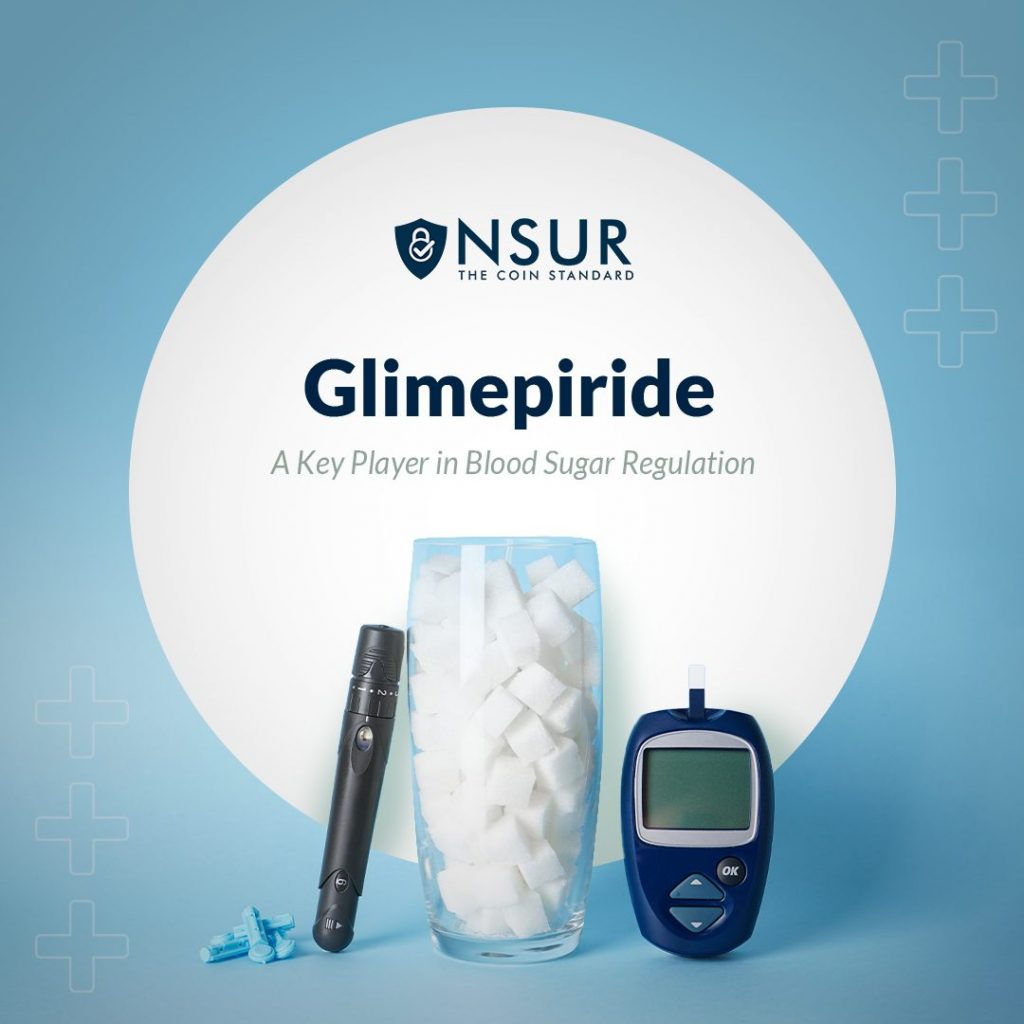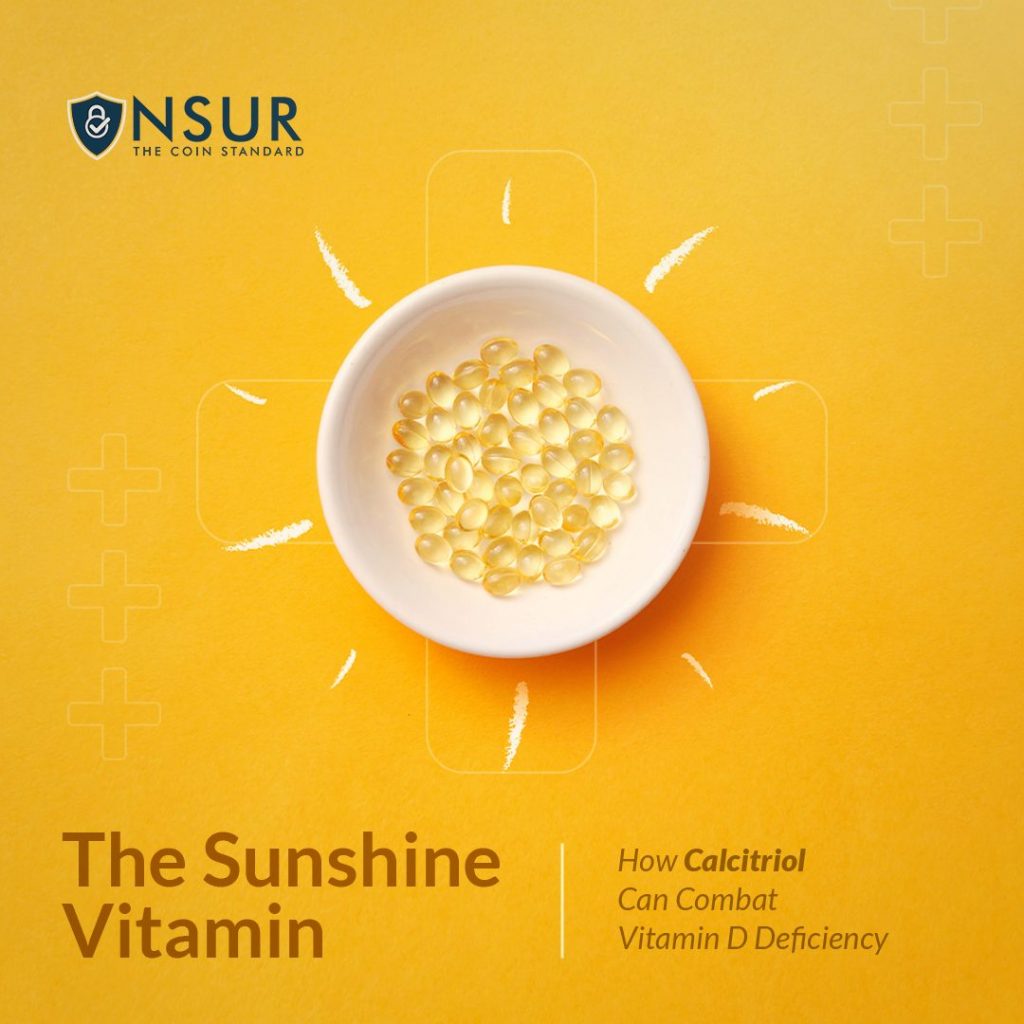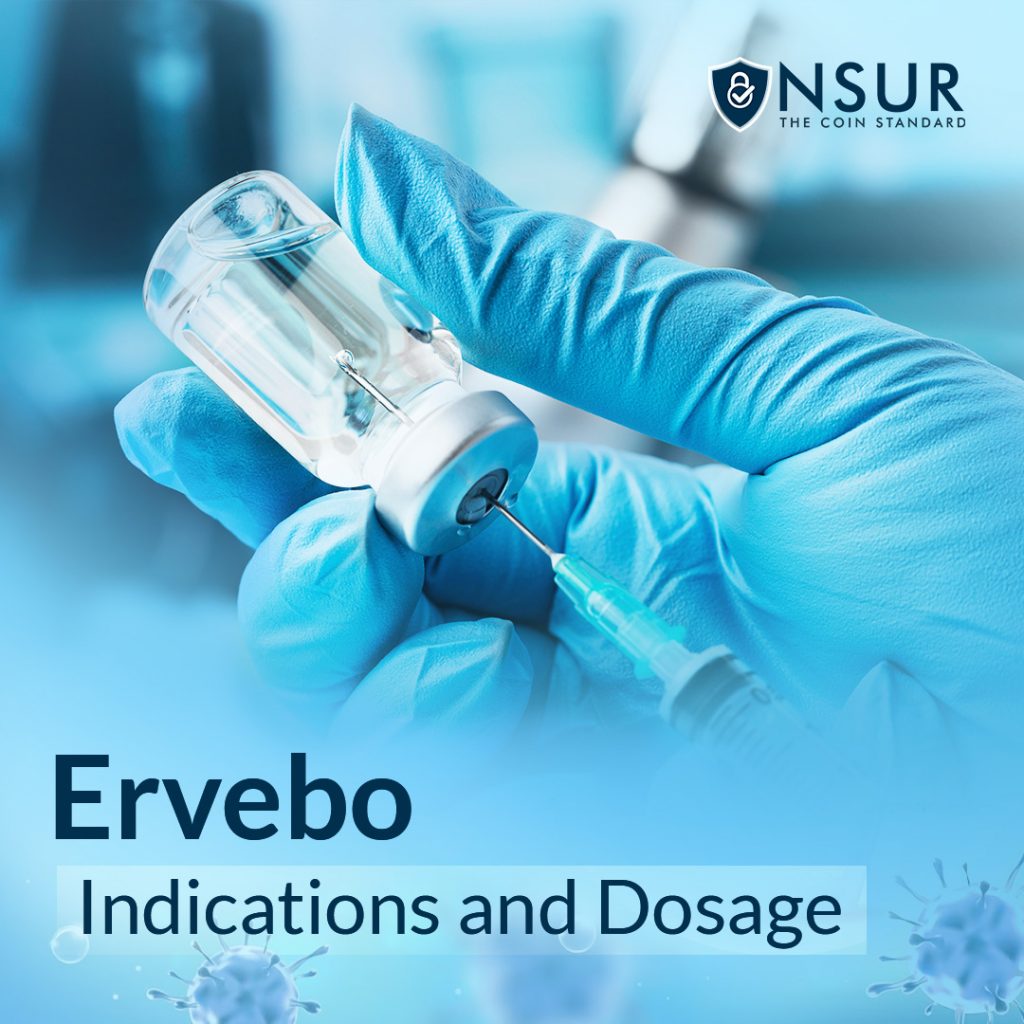
Ervebo is a vaccine intended to safeguard adults aged 18 and up from Ebola viral illness caused by the Zaire Ebola virus.
Ervebo includes a weakened and modified vesicular stomatitis virus that incorporates a protein from the Zaire Ebola virus. Humans are not affected by the vesicular stomatitis virus. The vaccine includes only one protein from the Zaire Ebola virus and therefore cannot trigger the disease.
Contradictions
ERVEBO® should not be administered to anyone who has any of the following conditions:
- Severe reaction to any component of the immunization, including rice protein, such as anaphylaxis
- At the planned time of immunization, there is clinical proof of a systemic infection or other acute intercurrent disease (e.g., oral temperature >38°C [100.4°F], systemic symptoms)
- Any clinically significant medical condition, past medical history, or pre-existing illness (e.g., acute malignancy, history of Guillain-Barré syndrome, history of neurologic disorder that may increase risk, active autoimmune disorder, or immunosuppression) that may increase the individual’s risk of a serious adverse event following vaccination
- While pregnancy and breastfeeding are not definite contraindications to getting ERVEBO, live attenuated vaccines are usually contraindicated during pregnancy
Precautions
There were two complaints of anaphylaxis among the 15,399 patients who received the ERVEBO vaccine. Following ERVEBO vaccination, people should be monitored for signs and symptoms of hypersensitivity responses. In the event of an anaphylactic reaction to ERVEBO, appropriate medical care and monitoring must be accessible.
Because ERVEBO is made with rice-derived recombinant human serum albumin, care should be taken with people allergic to rice. Individuals with a history of serious allergic responses to rice protein, such as anaphylaxis, should not receive this immunization.
Reverse-transcription polymerase chain reaction (RT-PCR) identified attenuated VSV vaccine viral RNA in urine up to seven days after vaccination, blood and saliva up to 14 days after vaccination, and fluid from cutaneous vesicles up to 20 days after vaccination. Vaccine virus transmission via physical contact is potentially conceivable. Infection control measures should be followed by healthcare workers who administer vaccines. Vaccine users should prevent the following:
- For two weeks after vaccination, avoid sharing needles, razors, toothbrushes, eating utensils, imbibing from the same cup, and kissing; if oral sores form after getting the vaccine, vaccine users should avoid these activities until the sores resolve.
- Contact and association with immunocompromised people, expectant or nursing women, and infants under the age of one year for up to six weeks after immunization.
Dosage
Ervebo is administered by a qualified healthcare professional. It is administered as a single 1 mL shot into the deltoid muscle around the shoulder or a leg muscle. Individuals at risk of Ebola virus transmission should take Ervebo.
When caring for patients with confirmed or probable Ebola virus illness, healthcare employees and other carers who have been vaccinated with Ervebo should continue to use normal measures for safe injection and hygiene, as well as personal protective equipment.
Ervebo is only available with a prescription and should be used in compliance with government guidelines. See the box leaflet or call your doctor or pharmacist for more advice on using Ervebo.
Take advantage of NSURx for your prescription drugs!
With the NSURx Prescription Benefit Card, you can save money on your medicines at more than 35,000 pharmacies across the United States.
You can save up to 80% on your medication by using an NSURx card. Hundreds of dollars in savings could be yours every time you fill out your prescription.
The more you shop with NSURx, the more NSUR Coins you will receive as a reward.
Reference:
- https://www.ema.europa.eu/en/medicines/human/EPAR/ervebo
- https://www.cdc.gov/vhf/ebola/clinicians/vaccine/precautions.html
- https://www.merck.com/news/ervebo-ebola-zaire-vaccine-live-now-registered-in-four-african-countries-within-90-days-of-reference-country-approval-and-who-prequalification/



